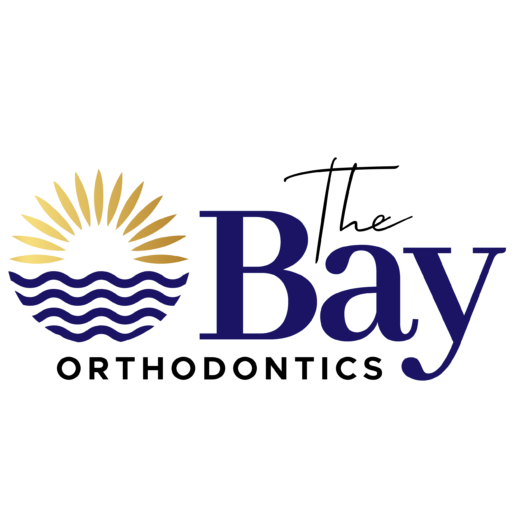Lingual Braces
Lingual braces offer a customized fit for each patient, providing comfort and effectiveness in aligning teeth. This innovative approach allows individuals to straighten their teeth without the aesthetic concerns associated with traditional braces.

How do lingual braces work?
Lingual braces work in the same way that other fixed metal braces do, except the brackets are fixed to the inner surface of your teeth rather than the outer one, making them a more discreet option. A strong wire is tied into the brackets, which gradually moves your teeth into the desired position. As with any braces, you’ll need to visit your orthodontist regularly so they can adjust or tighten the wires to ensure that your teeth are moving as planned.
How much do lingual braces cost?
A lot of skill and specialist equipment goes into creating lingual braces, which means they can be slightly more expensive than other teeth straightening treatments. The brackets on lingual braces are also made from a different, more expensive material than fixed metal braces, which can add to the cost. Your orthodontist will be able to give you a detailed breakdown of the cost after you’ve had an initial consultation.
What are the pros and cons of lingual braces
Pros:
Lingual braces are hidden behind your teeth. This makes them a popular option for adults and teens who might feel self-conscious about having metal braces
Lingual braces can deliver the same accurate, predictable results you can expect to achieve with traditional fixed braces.
It’s possible to have ‘social’ lingual braces which are purely for small cosmetic fixes. These are fixed to the inside of the front six to eight teeth to straighten your visible smile, also known as your social smile
Cons:
Lingual braces can be more expensive than other types of braces, due to the specialist equipment used, the skill involved and the material used on the brackets
Lingual braces are fixed – unlike removable aligners, such as Invisalign, you cannot remove them to eat, drink and brush your teeth
Lingual braces are not suitable for all orthodontic issues. If you have a very deep overbite, for example, traditional fixed braces might be recommended for you instead
How long do lingual braces take to straighten your teeth?
In most cases, treatment takes between 12 months and two years. If you’re only looking to fix mild crowding, then treatment with lingual braces can take as little as six months. It depends entirely on your individual needs. Your orthodontist will give you a more detailed estimate of treatment length during your consultation.
Do lingual braces hurt?
It may take some time to adjust to having lingual braces. This is normal and should ease within a couple of weeks. During this time, you can use over-the-counter painkillers such as paracetamol or ibuprofen to help reduce any initial discomfort.
You can also use pain relief gel to help soothe irritated areas inside your mouth and attach orthodontic wax to any areas of your brace that start to rub (you can get this from your orthodontist). Rinsing your mouth with warm salty water may also help to ease any soreness around your tongue.
If you need any advice about managing discomfort, speak to your local practice who will be able to help you.
Looking after lingual braces
If you have lingual braces, you’ll need to take extra care to look after them.
Avoid biting into anything hard or chewy which might break the brackets of your braces. Generally, this is hard foods like crusty rolls, crisps, pizza crusts and toffees. It’s a good idea to cut up hard food into small pieces before eating it
Brush your teeth twice a day using a fluoride toothpaste, and floss daily. We also recommend that you see a hygienist and your general dentist for regular check-ups
What to expect
Our treatment coordinator will contact you to provide a free telephone consultation where we will discuss the services we provide, payment options and what your expectations are. Once we have confirmed you are dentally fit for orthodontic treatment, we will offer a face-to-face consultation with one of our specialist orthodontists.
A consultation to see a specialist Orthodontist is a £50 nonrefundable deposit to be paid when booking the consultation.
1. Consultations are to discuss options and suitability for treatment. You may require a more in-depth clinical examination or diagnostic tests before treatment options can be discussed.
2. Children under 18 can be referred for a free NHS assessment, subject to meeting the NHS qualifying criteria.
3. Consultations subject to availability. We recognise that when you give us personal information (which includes health information) you’re trusting us to take good care of it. Please see www.thebayorthodontics.co.uk/privacy for more information about how we collect, use and protect your data. If you don’t want to receive marketing about The Bay Orthodontics products and services that we think are relevant to you, please contact us at reception@thebayorthodontics.co.uk
